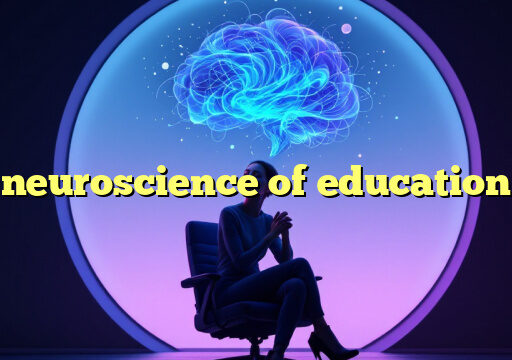The brain is one of the most complex and fascinating organs in the human body. It controls everything we do, from simple tasks like breathing and blinking to more complex actions like solving problems and making decisions. Understanding how the brain works and what goes on inside it can help us better appreciate its vast capabilities.
How Does the Brain Work?
The brain is made up of billions of nerve cells called neurons, which communicate with each other through electrical and chemical signals. These signals travel along pathways in the brain, forming intricate networks that allow us to think, feel, and remember. Different areas of the brain are responsible for different functions, such as the frontal lobe for decision-making and the hippocampus for memory.
Neurotransmitters
Neurotransmitters are chemicals that transmit signals between neurons. They play a crucial role in regulating mood, behavior, and cognition. Imbalances in neurotransmitters can lead to mental health disorders such as depression and anxiety.
Brain Plasticity
The brain has the amazing ability to adapt and change, a phenomenon known as brain plasticity. This allows us to learn new things, develop new skills, and recover from injuries. The brain can reorganize itself in response to new experiences, forming new connections and rewiring existing ones.
Into the Brain: Exploring the Depths
Advances in technology have allowed scientists to peer into the brain like never before. Techniques such as functional magnetic resonance imaging (fMRI) and electroencephalography (EEG) can map brain activity in real-time, giving us a glimpse into the complex workings of the brain.
Brain Regions
Each region of the brain serves a specific function. The frontal lobe, located at the front of the brain, is involved in decision-making and social behavior. The parietal lobe, located at the top of the brain, processes sensory information. The occipital lobe, at the back of the brain, is responsible for visual processing.
Brain Disorders
Understanding the brain is key to treating and managing brain disorders. Conditions such as Alzheimer's disease, Parkinson's disease, and stroke can have devastating effects on brain function. Research into the brain is essential for developing new treatments and therapies for these disorders.
Conclusion
The brain is a marvel of nature, with its intricate networks and complex functions. Exploring the depths of the brain can help us unravel its mysteries and unlock its full potential. By understanding how the brain works, we can learn to appreciate its capabilities and better care for this vital organ.
FAQs
What is the role of neurotransmitters in the brain?
Neurotransmitters are chemicals that transmit signals between neurons. They help regulate mood, behavior, and cognition.
How does brain plasticity affect learning and development?
Brain plasticity allows the brain to adapt and change in response to new experiences. This is crucial for learning new skills and developing new abilities.
What are some common brain disorders?
Alzheimer's disease, Parkinson's disease, and stroke are common brain disorders that can have serious consequences for brain function.
Unlock Your Mental Potential




